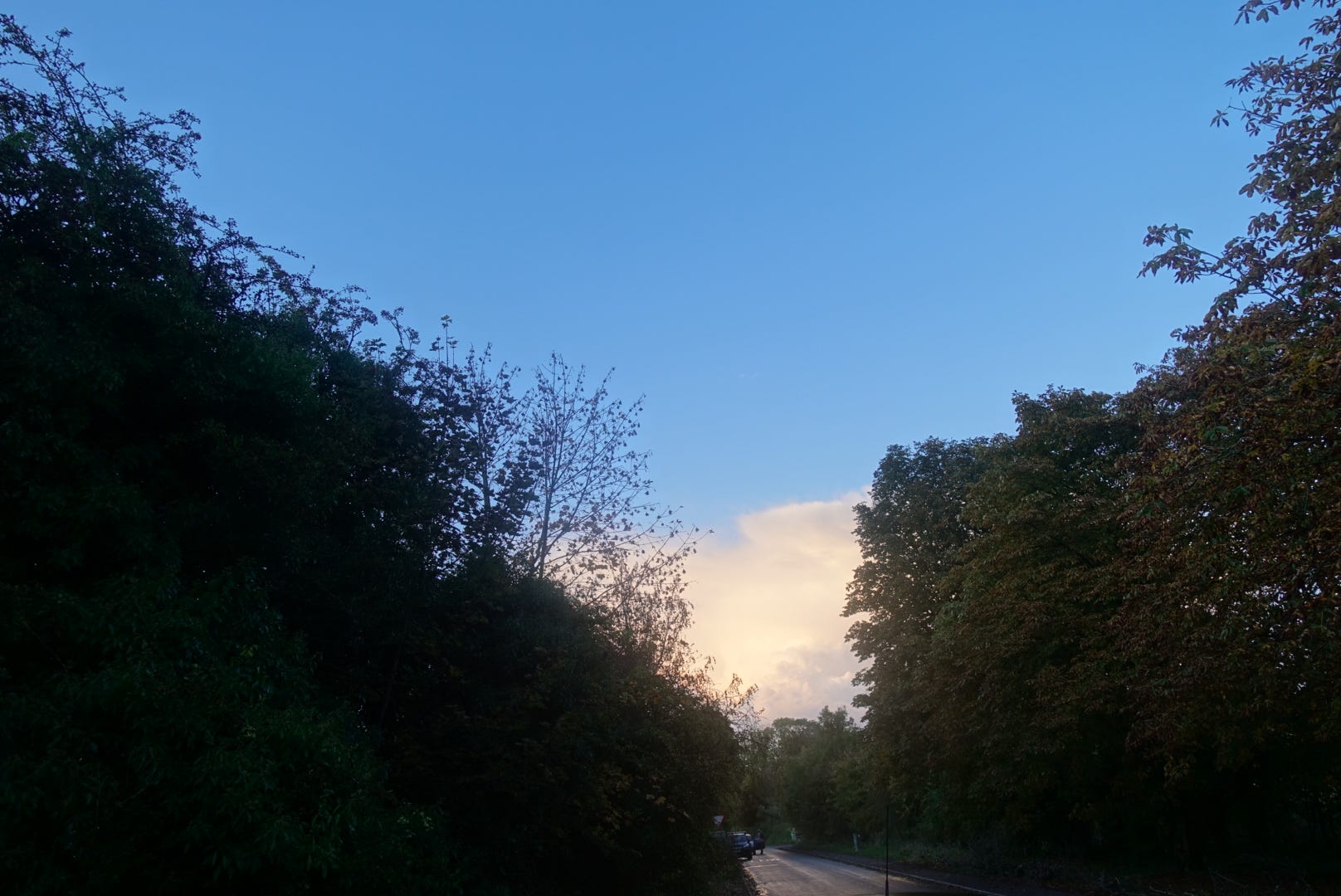Death

Trigger Warnings: This post contains discussions of death, grief, suicide, and depression.
If you're struggling with these issues, please know that you're not alone, and that help is around you. If you are a friend of mine, I am only one text away if you ever need it.
I.
I've had a lot of friends die in my life. Some were closer to me than others, but each death has been painful in its own way. When I was younger, I believed in an afterlife - a "shiny place up in the sky" that would welcome me after death. That belief was comforting. It made the prospect of dying less terrifying and tragic.
But now, when I contemplate death, whether my own or others', all I see is an endless void. Consciousness ends, experiences cease, and the person is simply gone. Perhaps if I still held my former faith, losing people would hurt less. But in the absence of belief in an afterlife, I'm left to confront the brute fact of death's permanence. I don't get to tell myself that I'll see my lost friends again someday. Instead, I must grapple with the harsh reality that they will never again get to experience life, with all its joys and sorrows, triumphs and struggles, beauty and pain. A whole future of moments and milestones has been stolen from them. They've been deprived of the rest of their one chance at existence. And that is profoundly, unfathomably sad.
II.
Even as I grapple with the permanence of death, I've also tried to see the other side of it. Death brings relief from suffering. I've lost friends to suicide, and while their deaths still hurt deeply, a part of me is glad that their struggles are over. They're free from pain now. It's an uncomfortable feeling, to be both grieved by a loss and relieved by it. But I've been in that place myself, where death seemed like a comfort, like an escape. When you're mired in depression, uncertainty, anxiety and sadness, it's incredibly hard to hold onto hope. The pain can be so all-consuming that it blinds you to the possibility of things ever getting better. In those moments, the promise of peace and freedom that death offers is seductive.
III.
Mortality has a way of bringing things into sharp focus for many people. It's not uncommon to see friends and acquaintances suddenly getting their lives in order after losing someone close to them. But for me, the effect is somewhat opposite. Instead of a renewed sense of urgency, I feel a strange letting go. The drive to have everything perfectly arranged, to chase accomplishments and milestones, starts to fade.
I look around and see so many people rushing from one thing to the next, constantly seeking ways to make their lives feel more complete, more successful. And yet, in the face of death, all those ambitions start to lose their luster. The status symbols, the impressive job titles, the picturesque houses - all the things I was raised to strive for begin to seem less important.
Instead, I find myself drawn to a different kind of existence. One where I'm not caught up in the endless pursuit of perfection. When I let go of those expectations, everything seems to slow down. The frantic wanting quiets, and I'm left with a sense of stillness, of presence. Suddenly, the smallest details - the sound of leaves rustling, the feeling of a cool breeze - take on a profound significance.
In those moments, I can't help but question the life I've been taught to want. The one filled with grand accomplishments and outward markers of success. It starts to feel like a kind of tragedy, chasing after things that can never fully satisfy. Measured against the simple beauty of existing, of being fully present in the here and now, all those shiny ambitions start to ring hollow.
IV.
The future of humanity is far from certain. We have a remarkable capacity for self-destruction, and there's no guarantee that we'll survive long enough to see the grand, utopian futures we often imagine. In the face of that uncertainty, my own hopes have become much more immediate. All I really hope to wish for is the chance to wake up to a new day, to watch the darkness of my room give way to morning light.
I've let go of the idea of five-year plans and bucket lists. Those hopes and dreams about the distant future feel more like distractions now. Rather than trying to map out my life's trajectory, I've come to embrace the idea of crossing each bridge as I come to it. No more long-term strategies, no more decade-spanning visions. The truth is, I'm pretty incapable of predicting the twists and turns my life will take.
And there's something liberating in that realisation. Instead of holding myself to an imagined ideal, I'm learning to let life unfold as it will. To experience each moment for what it is, rather than constantly measuring it against what I think it should be. There's a certain peace in that - in accepting the inherent unpredictability of existence.